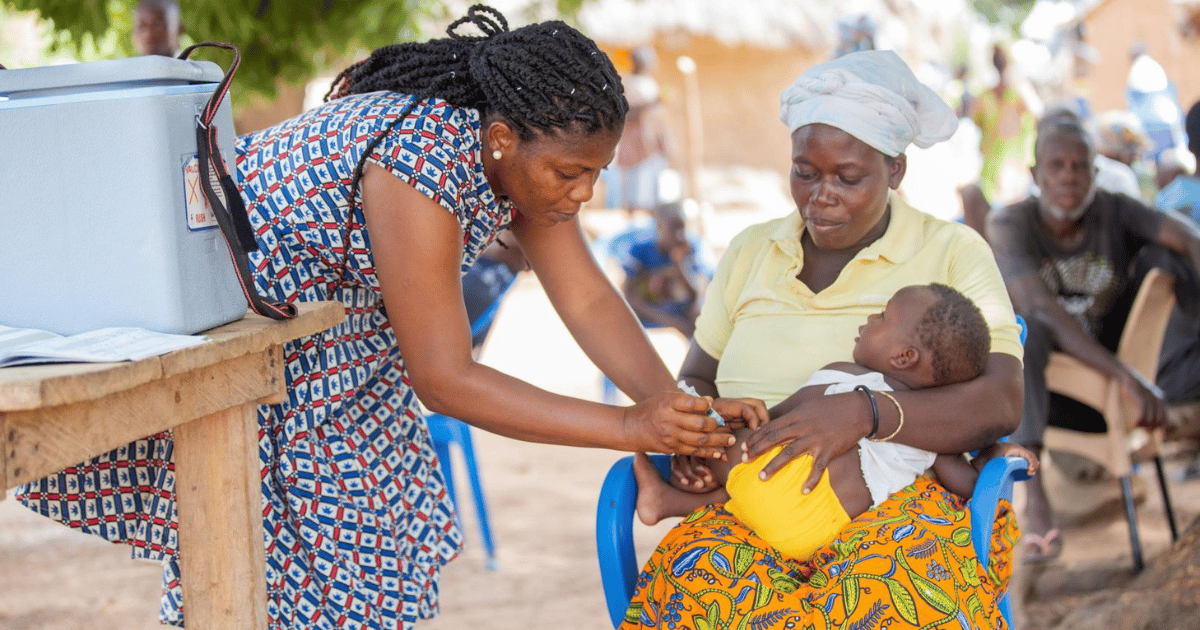
From the newsletter
The Bio Investments Group and the International Vaccine Institute have agreed on a project to accelerate vaccine manufacturing, clinical trials and workforce development in Africa. The partnership is designed to reduce pharmaceuticals import dependence and strengthen local capabilities for public health emergencies.
The Bio Investments Group, a Swiss-based life sciences company, will lead the investment and transfer of pharmaceutical manufacturing technology, while the International Vaccine Institute will provide scientific guidance and oversee clinical work.
The initiative supports Africa’s climate-health resilience through pharmaceutical industrialisation and regulatory ecosystem growth which will enable local manufacturers to respond faster to outbreaks while building long-term vaccine self-reliance.
More details
The newly signed agreement will initially target selected African countries with potential for scaling up. Key areas of collaboration include local vaccine manufacturing, supported by the International Vaccine Institute (IVI), which will facilitate technology transfer and regulatory processes, such as World Health Organization prequalification. Bio Investments Group will fund and oversee the construction of facilities to produce vaccines in the region to international standards.
The second focus is on clinical development. IVI will coordinate clinical trials and post-licensure studies across various African sites to generate data on safety and efficacy. Bio Investments Group will assist with access planning and forge partnerships within the industry to ensure the uptake of locally produced vaccines.
Capacity building is the third objective. IVI will provide training for African technical teams and support public-private partnerships. Bio Investments Group will invest in infrastructure, such as centres of excellence, to promote long-term workforce development and industrial sustainability.
At the launch, Sam Machour, Chief Executive of Bio Investments Group, stated: “By partnering with IVI, a globally respected institution, we are combining our investment and pharmaceutical technical capabilities. Our joint efforts will accelerate the pace towards self-sufficiency, bring high-quality vaccines closer to African populations, and empower local economies.”
Vaccine self-reliance is a crucial component of climate-health resilience in Africa, as it reduces dependence on external sources, enhances pandemic preparedness ]and empowers communities to adapt to the impacts of climate change. Local manufacturing shortens supply chains and ensures quicker availability of vaccines tailored to emerging regional threats, which are likely to become more frequent due to climate disruptions.
Currently, only 1% of vaccines used in Africa are manufactured locally. This limited capacity left the continent heavily reliant on donations during the COVID-19 pandemic. Expanding decentralised production is now central to Africa’s pandemic preparedness strategy, ensuring faster access, reducing import dependence and strengthening readiness for future climate-driven outbreaks and emerging infectious diseases.
Pharmaceutical manufacturing in Africa faces challenges related to access to technology, financing, skilled workforce, regulatory hurdles and weak supply chains. This partnership offers African pharmaceutical players an entry point into higher-value, technology-intensive production. Local manufacturers stand to benefit through sub-contracting, technology licensing, workforce development, local clinical trials and long-term participation in regional vaccine supply chains.
Our take
Local manufacturing in Africa is a health security necessity. The COVID-19 pandemic highlighted the risks associated with high import dependence and the vulnerability of supply chains for essential medical products.
Establishing local manufacturing capabilities is crucial for ensuring access to these products during health crises and promoting long-term health security and self-reliance on the continent.